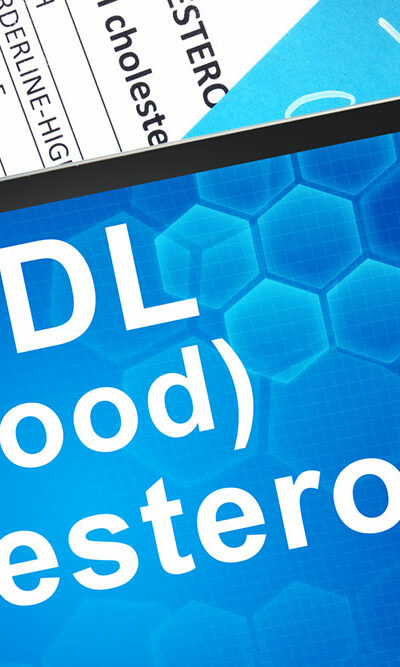
Try These Natural Best Sleep Medications And Never Worry About Sleep Again
Sleep is essential for the human body. It lets the body heal and rejuvenates. Without sufficient sleep, our body can face serious complications. People who don’t sleep enough are likely to have more health issues than people who have healthy sleep cycles. Some people don’t get enough sleep, unfortunately, no matter how hard they try. If you’re someone that falls into this category of people, do not worry at all. You can make a few simple lifestyle and dietary changes every day to sleep naturally. There are a lot of best sleep medications that can help you sleep like a baby. Pay close attention to this article to know more. Rozerem Rozerem is one of the medications that doesn’t have any side effects. Rozerem is a drug that is designed to act on the body’s melatonin receptors. Melatonin is a hormone that plays a major role in influencing proper sleep patterns. It is one of the safest drugs, and it doesn’t have any withdrawal effects. Sonata Sonata is one of the best sleeping pills in the market, that has a short half-life of 60 to 30 minutes. The half-life of a pill is defined as the time required by the body to eliminate half of the pill. You can even try sleeping on your own after taking this tablet. Even if you take this tablet around 2 AM in the morning, you can wake up next morning without feeling drowsy. Ambien Ambien is one of the pills that are often prescribed. The half-life of this medicine is less than 150 minutes. Ambien can be useful in helping you sleep, but Sonata is a preferred choice. Lunesta Lunesta is one of the sleeping pills that has the highest half-life. It has a half-life of 360 minutes. There is a high chance for you to feel drowsy in the morning.










